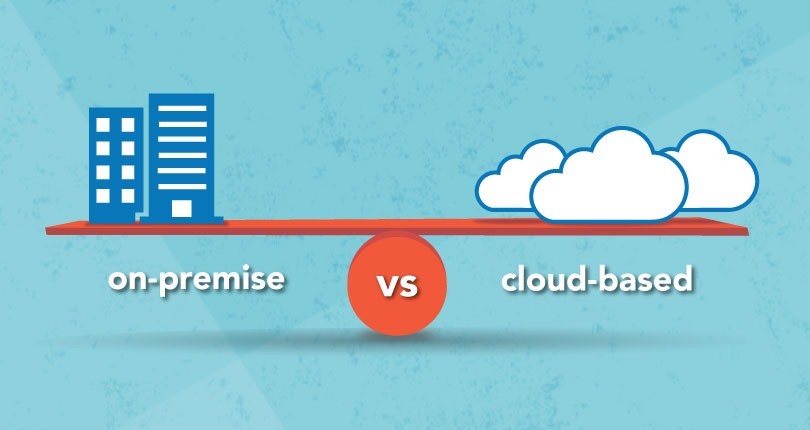Key Takeaways:
- The digitization of background checks has enhanced their scope and efficiency.
- Legal frameworks like the FCRA regulate background screenings, emphasizing the importance of compliance and candidate privacy.
- Technology trends such as artificial intelligence and blockchain are reshaping background check processes.
- Employers must implement best practices to balance thorough screening with respect for candidates’ rights.
Table of Contents
- Understanding Background Checks
- The Impact of Technology on Background Screening
- Legal Considerations in Background Screening
- Data Accuracy and Verification Challenges
- Screening in a Globalized Workforce
- Growing Importance of Social Media Screening
- New Trends in Background Screening Technology
- Best Practices for Employers
- Background Screening and Employee Rights
- Looking Ahead: The Future of Background Screening
Understanding Background Checks
Background checks are a fundamental component of the hiring process, offering employers a window into an applicant’s past that aids in making informed hiring decisions. These checks have typically involved a review of criminal records, employment history, educational verification, and credit status. However, it is not just about uncovering any potential red flags; they also confirm the information provided by candidates, thus ensuring the integrity of the hiring process. The advancement of digital tools and platforms has significantly streamlined the practice of background screening, introducing new layers of complexity around legality and individual privacy concerns.
The Impact of Technology on Background Screening
The digital revolution has provided employers with powerful tools for conducting background checks quickly and more accurately than ever before. Centralized online databases mean that records from multiple jurisdictions can now be accessed in real time, offering a comprehensive view of an individual’s background. Moreover, advancements in data analytics allow for the cross-referencing of multiple data points, thus enhancing the reliability of the information. As a result, employers are equipped with the resources needed to make swift and well-informed decisions critical to maintaining safe and productive work environments.
Keep reading: day laborers logo catholic charities
Legal Considerations in Background Screening
Organizations must understand and adhere to legal regulations regarding background checks. In the United States, the FCRA provides guidelines for using consumer report information, requiring informed consent and ensuring proper use of the data. Infringements can lead to significant legal repercussions and loss of trust among stakeholders. Compliance with these laws while embracing technological advancements is critical for balancing thorough due diligence and respecting candidate privacy.
Data Accuracy and Verification Challenges
In the information age, ensuring the accuracy and timeliness of data in background checks is a steep challenge. Incorrect or outmoded information can skew hiring decisions and result in legal complications if decisions are inaccurate. Therefore, implementing meticulous verification processes is indispensable to support the trustworthiness of findings. Employers must repeatedly cross-verify data points and update information to avoid mishaps that could tarnish the company’s reputation and betray candidate trust.
Screening in a Globalized Workforce
The international expansion of businesses necessitates background checks that span across borders, delving into the legal territories and databases of different countries. This globalization of workforce screening can be complex due to varying legal and cultural norms regarding data privacy and employee rights. Companies must stay apprised of international best practices and engage with local experts to navigate this terrain while ensuring the screenings are effective and legally compliant.
Growing Importance of Social Media Screening
As social media becomes an extension of personal and professional lives, employers increasingly view these channels as valuable sources of insight into potential hires. While this may offer a more holistic view of the candidate, it introduces ethical questions regarding privacy and the relevance of personal information in hiring decisions. Therefore, companies must approach social media screening with a defined policy that respects the boundaries of privacy and anti-discrimination laws, focusing only on information pertinent to job performance and workplace conduct.
New Trends in Background Screening Technology
The field of background screening continues to evolve with new technological breakthroughs. Blockchain, for example, is being explored for its potential to create immutable records and verify identities securely. Meanwhile, artificial intelligence and machine learning algorithms are being adopted to parse vast amounts of data more efficiently, reducing the time and cost associated with traditional background checks.
Best Practices for Employers
Employers must establish clear and consistent practices to uphold ethics and ensure efficiency in background screenings. These should outline the scope of checks, the methodologies employed, and the decision-making criteria based on the findings. Candidates should be informed of their rights, and the company’s practices should be transparent and consistent with industry standards. Internal audits should be conducted routinely to identify areas for improvement, adhering to the evolutionary nature of legal and technological landscapes.
Background Screening and Employee Rights
Employee rights are at the forefront of ethical background check practices. These rights include consent, accuracy, and appeal processes in the case of unfavorable findings. Employers must balance robust checks with respect for individuals’ privacy and opportunities for redress.
Looking Ahead: The Future of Background Screening
The future of background screening will likely see shifts that could redefine its scope and methods. Anticipating changes in law and technology will be crucial for employers aiming to remain compliant and competitive. Concepts such as continuous and real-time background checks might soon become the norm, especially for positions where up-to-date information on an employee’s background is imperative for security reasons. Organizations that can adeptly anticipate and adapt to these changes will lead to establishing benchmarks for best practices in employee screening.
read more: technowweekly










